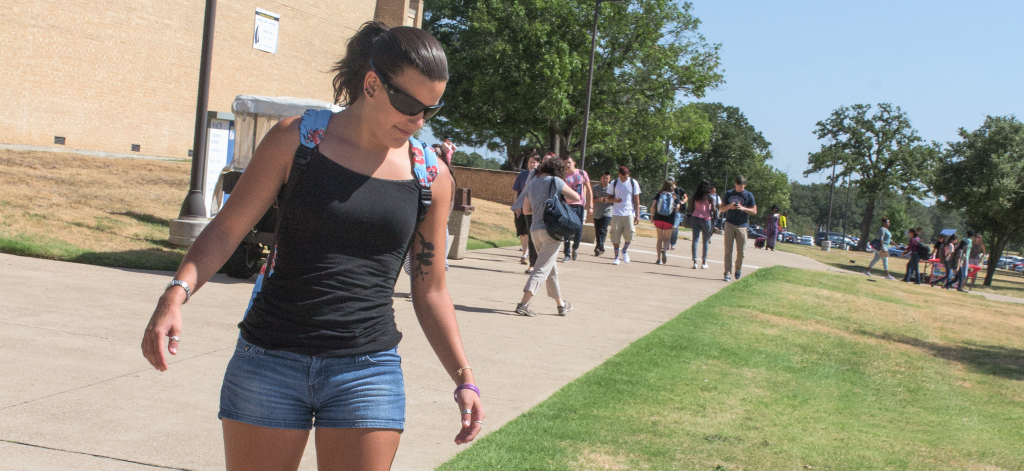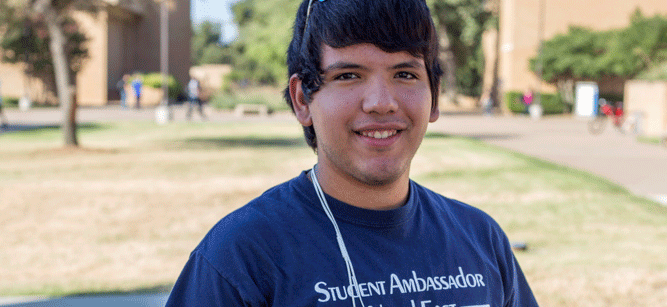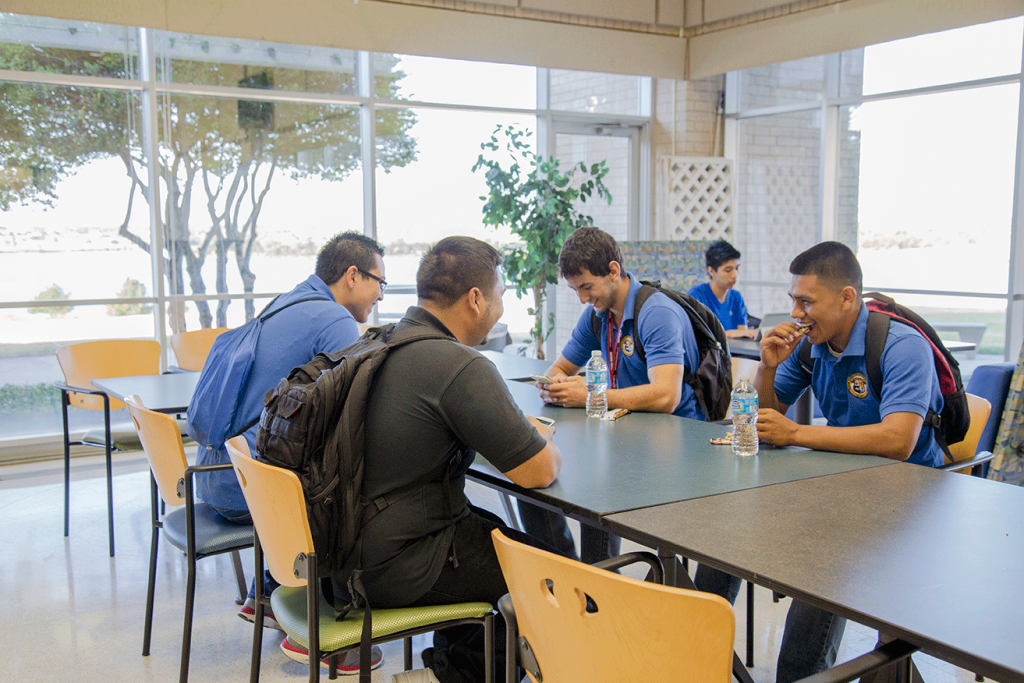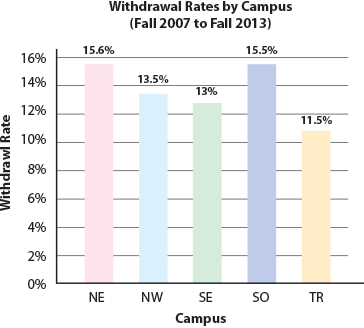by Tabitha Redder/managing editor
Social media is powerful. Granted, though some of it simply wastes Internet space, some of it can be useful.
The events in Ferguson, Mo., were a Twitter trending topic nightly Aug. 9-20. If not for social media websites and apps, many would not know of issues like this in places usually not newsworthy.
Some of the striking eyewitness reports are not from an anchor on the evening news but tweeted in 140 characters by Ferguson residents experiencing protests.
Hashtags like #Ferguson have topped over 7 million tweets, according to The Wall Street Journal. The newspaper reported that Twitter users posted over 4,000 tweets a minute on Aug. 13 using the hashtag. Reading through the tag can lead to a wealth of information even if a reader has to sift through many opinionated, yet ill-informed tweets.
Unlike Twitter, sites like Tumblr and Reddit provide room for long, detailed posts. These posts can draw readers to alternate news sources, such as the KARG Argus Radio live broadcast “I am Mike Brown Live From Ferguson, Mo.” that peaked at half a million simultaneous watchers Aug. 13, no doubt because of social media.
Fundraising, links to live streams and firsthand accounts are all spread instantly, along with the emotions a news consumer feels when given raw information.
With any positive aspect of something there is a negative. Intentional lies and false claims can spread like wildfire, exacerbating an already agitated situation.
It’s important to seek the source of information before assuming it’s true and to be wary of outrageous claims.
Maybe the protests in Ferguson wouldn’t have lasted so long or would have been less dangerous if it weren’t for social media. But then the country would have been blind to the city’s violence.




























